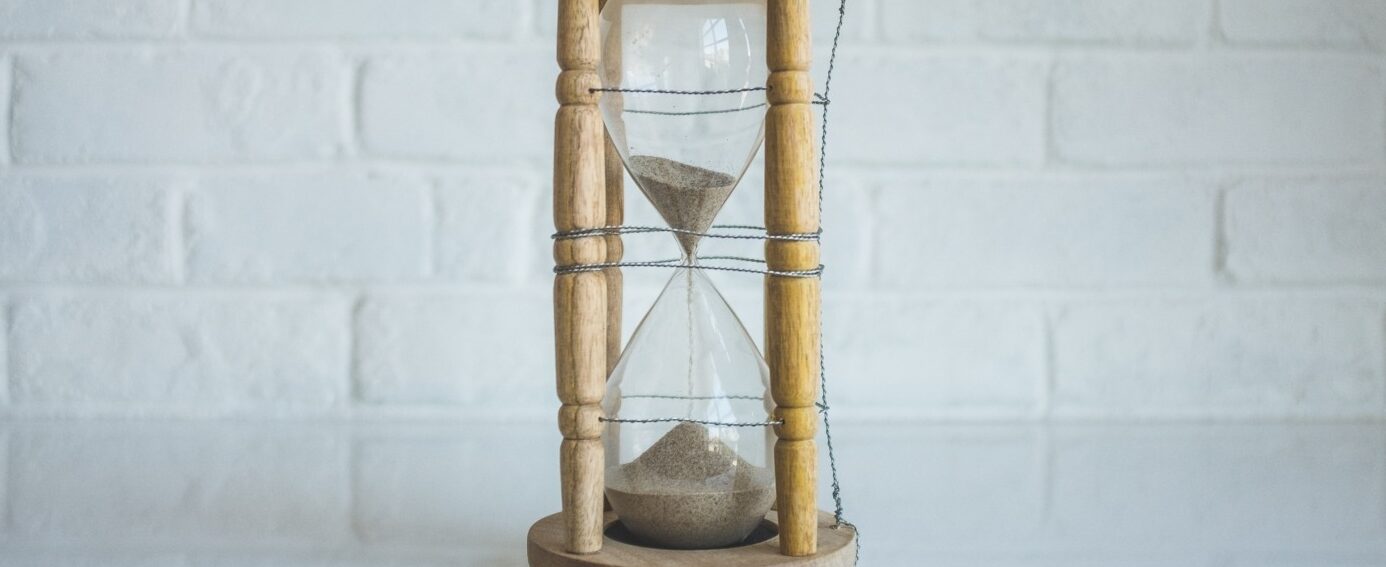Why it’s time for another national lockdown
In the face of rising cases, localised outbreaks, and continued serious threat to health and the economy, the government have introduced new measures over the past few weeks to try and stem the second wave of Covid-19. They have presented us with a sombre trade-off between health and the economy, and forbidden gatherings of 6 or more. In addition, tens of millions of people are now living under increased measures, in local lockdowns. If the government want to prevent a prolonged period of restrictions, they should act sharply now to tackle the virus.
In truth, there is no real trade-off between health and the economy. Widespread disease is bad for our workforce – many essential services and private companies cannot really function once a proportion of their workforce is ill or isolating – and very bad for demand. By choosing to keep hospitality open at the moment, the government is risking much more damage to the sector later on. If the virus continues to spread, eventually consumers will stop going out anyway, by which point it will be too late for many restaurants, cafés and bars.
The government’s priority, therefore, should be stopping the rise in cases. To do this, they should announce another short national lockdown. They’ll need fairly harsh measures, posing a significant disruption to day-to-day life. Restrictions serve both as a mechanism to halt the spread in themselves, and as a communications tool, reminding people that we are in a pandemic. Normal life, therefore, should be disrupted in obvious and irritating ways. The government should shift from trying to facilitate normality to deliberately imposing restrictions in a way that minimises social harm but increases social irritation. Restrictions, like a speed camera, should remind the public of what they should be doing.
Restrictions, like a speed camera, should remind the public of what they should be doing
We now know a lot more about the virus than we did in the first wave. We have a better track and trace system, and we know that the virus is much less deadly for young people. A second lockdown, therefore, doesn’t need to be anywhere near as brutal as the first. Schools should remain open, though with more teaching taken online where possible. Where workers can work from home, they should be required to, but where they can’t they should be able to continue working. Indoor hospitality, meanwhile, should be closed temporarily. More economic support will be required to for that sector, which is costly but unavoidable.
The government should also make an effort to enable more outdoor hospitality to take place, which is shown to be better in terms of the virus. Car parks, open spaces, and other areas should be given over to restaurants and bars that would otherwise be closed, so that some business can continue. However, socialising with those outside your household should be made illegal. Restrictions like this are likely to be very politically unpopular in the short term but represent a sensible political investment for a government that cannot afford a second wave to kill more people and further damage our economy.
We can also see, from the various local lockdowns, that compliance is likely to be lower than in March. As a result, the government must change its communications strategy, to give clearer instructions, and also seriously step up enforcement. If compliance doesn’t increase, the government should allow the police to impose stricter enforcement tactics including roadblocks and other draconian measures. All of this is intended to have a sharp impact on people’s behaviour, in the hope that normal economic life can be resumed as quickly as possible.
Whilst for the young and healthy this virus is mostly an inconvenience, we have to think about our older relatives and more vulnerable friends
The government should also lay out a mechanism by which they can explain different policy changes (akin to the coronavirus alert system that was announced by never really used). The daily press conferences should restart (the availability of information on restrictions at the moment is woeful) and restrictions should be rationalised, so they are more consistent across areas and easier to understand. The primary focus of this lockdown should be to convince and compel the public to obey restrictions again. If we realise the importance of social distancing and take the virus seriously, they shouldn’t need to last long.
As a liberal, further infringements to our liberties is not something I take lightly. Lockdown caused tremendous social and economic damage the first time around, and to repeat would again be exceptionally costly. As students, every additional restriction is another nail in the coffin of our university experience. However, we don’t really have an alternative – we aren’t going to be able to weather this second wave until a vaccine arrives, as many policymakers had hoped.
Likewise, whilst for the young and healthy this virus is mostly an inconvenience, we have to think about our older relatives and more vulnerable friends. It’s not right to continue with the status quo, sliding back to a situation in which our grandparents live in fear of death and anyone with an immune deficiency can’t engage with any aspects of normal life. Instead, through a few weeks of economic and social pain, we can emerge in a much better situation. A short second lockdown might ruin term one, but the alternative is to ruin terms 2 and 3 instead.

Comments